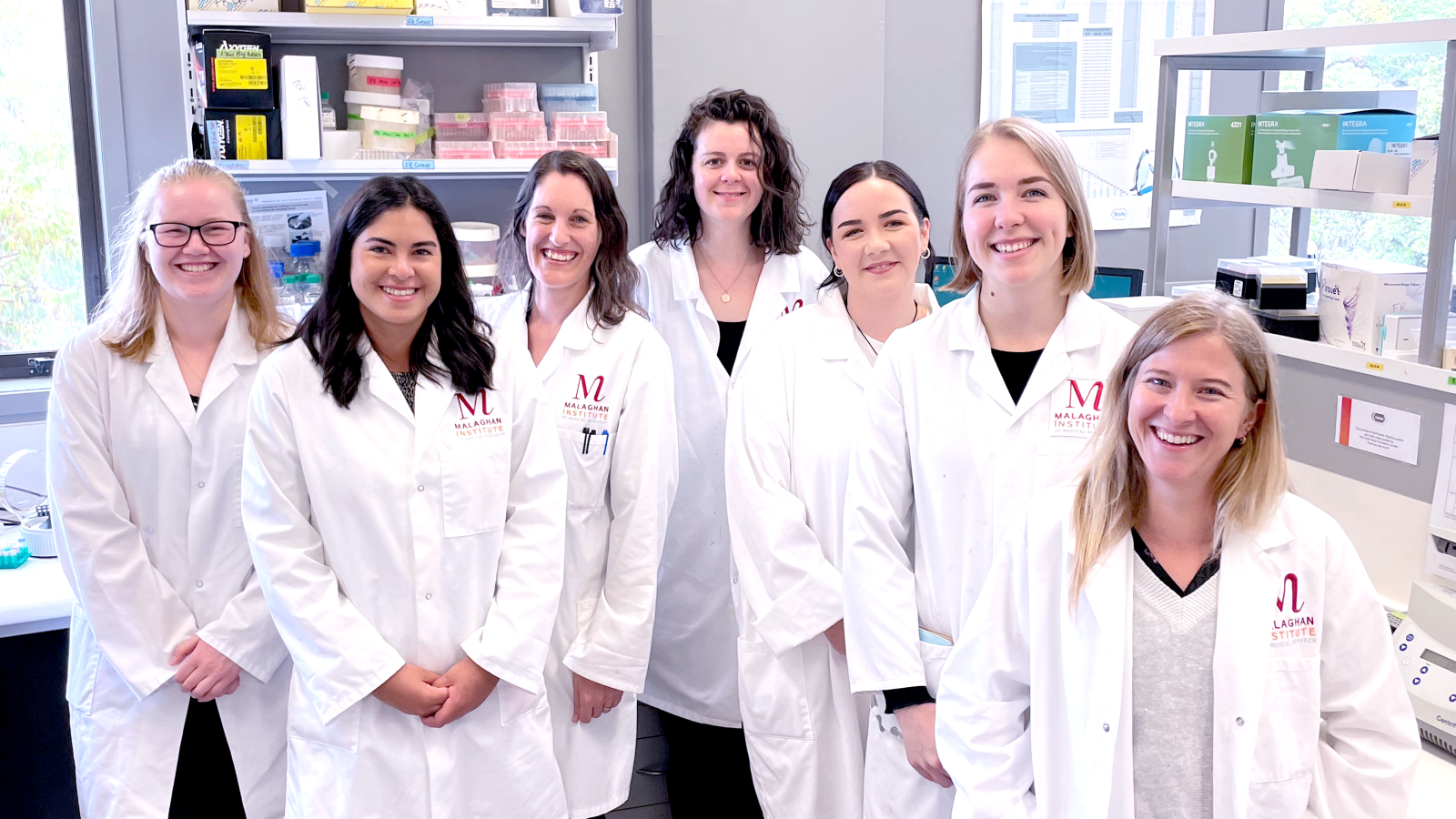
Kiwi Vax was developed by Vaccine Alliance Aotearoa New Zealand—Ohu Kaupare Huaketo (VAANZ) as part of the Government’s Covid-19 vaccine strategy. VAANZ comprises Te Herenga Waka—Victoria University of Wellington. the Malaghan Institute of Medical Research, the University of Otago, and a number of local and international collaborators.
Published in iScience, the study findings show that Kiwi Vax is highly immunogenic, robustly expressed, and has a strong stability profile. The vaccine was independently tested at the National Institutes of Health in the United States and at the University of Melbourne.
Dr Lisa Connor from the University's School of Biological Sciences is head of VAANZ's vaccine evaluation team, and says the vaccine's development would never have been possible were it not a combined effort.
"VAANZ brings together scientists across multiple institutes and disciplines, everything from immunology and protein engineering to virology and chemistry. It's always incredible to see so many people working towards a common goal."
Kiwi Vax is a protein-based vaccine which works in a similar way to many traditional vaccines, using genetic information from the virus’s distinct spikes.
Dr Connor, says their subunit vaccine combines two different parts of the spike protein: the receptor binding domain and the N-terminal domain. These specific regions have been identified to contain ‘hot-spots’ that trigger potent immune responses against critical areas of the SARS-CoV-2 virus required for infection.
"Kiwi Vax has a unique set of attributes—its clean design does not attract extraneous immune responses, and it is designed to be specific to the virus. It elicits a broad antibody and T-cell response to all variants of concern, including Omicron, providing complete protection against disease and preventing the virus from replicating in mice exposed to it.
"The immune response generated by the vaccine is also very durable and long-lasting and results to date indicate that Kiwi Vax is stable at refrigerator temperature for several months and at room temperature for at least one month. These are important advantages over current vaccines."
VAANZ Executive Director Dr Kjesten Wiig says the findings not only show that they have developed a promising booster vaccine candidate, but that New Zealand has the expertise, capability, and experience to make our own vaccines.
"Covid will be with us for many more years to come, so having safe and effective booster options, particularly for vulnerable populations, will help keep more people safe from the virus."
With philanthropic funding, the Malaghan Institute is planning to take Kiwi Vax through to a local phase I safety clinical trial later in 2023 using internationally-recognised GMP accredited New Zealand vaccine manufacturer, South Pacific Sera.
Dr Wiig says preclinically, Kiwi Vax is looking promising as a new potential COVID-19 vaccine booster vaccine, but human clinical trials are required to confirm efficacy.
“We’d need a significant industry, philanthropic or government partner to progress to later-stage clinical trials and regulatory approval. But wherever this lands, what we’ve set out to achieve here has been achieved. We’ve proven that New Zealand has the expertise and skills to develop a novel and effective vaccine against a pandemic virus and have built the capability, knowledge and connections to lay the foundations for New Zealand’s response to future pandemics.”
